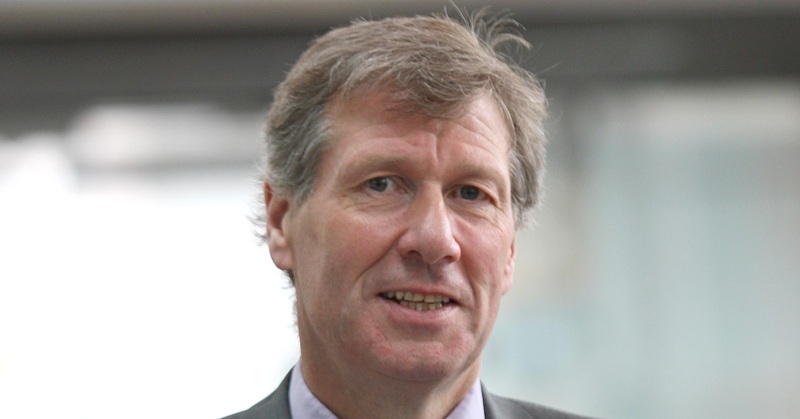A concerted crackdown on organised crime in Fife has dismantled the empires of around a dozen gangs in the past year, it has emerged.
With the aim of building on that success, Fife Police has called on everyone in the region to do their bit in helping the force and its partners rid Fife’s streets of the scourge for good.
A mapping exercise carried out last year suggested that there were over 4000 people operating in over 350 crime groups across Scotland, with these gangs involved in a range of offences including drug crime, serious violence, counterfeiting, e-crime, fraud, money laundering and even human trafficking.
Around 600 individuals involved with 24 gangs were said to be in Fife alone, but new figures revealed the number of known organised criminal groups has been cut to 13, with 11 of those still in operation mainly involved in the distribution of class A drugs.
With the support of justice minister Kenny MacAskill, the force has unveiled a strategy which aims to target and disrupt these gangs and drug dealers and will see officers work proactively towards seizing the assets of criminals.
While many people perceive the problem of serious organised crime as an urban one, reserved for towns and cities like Glasgow, Edinburgh and Dundee, Fife Police and its partners hope the new Serious Organised Crime Strategy will not only ensure that resources are targeted in the right areas but will also act as a reminder to residents that their information, no matter how small, could play a pivotal role in breaking any criminal chain in Fife.
At an event entitled Letting Fife Flourish, Mr MacAskill said he wanted to hit the “status and wallets” of gangsters in Scotland.
He said, “There is a tendency to see serious organised crime as a problem restricted to the main cities, but the sad reality is that communities all over Scotland suffer from the activities of gangsters who think they are above the law and untouchable. They are not.
“Serious organised crime hurts our country in terms of public safety, the economy and jobs.
“That is why all decent people must support the police as they pursue serious organised criminals until justice is done and until they are stripped of their ill gotten gains.”
Mr MacAskill also stressed that reporting suspicions about an individual’s lifestyle or activity could be the “key that unlocks the door to disrupting an entire criminal empire.”
“Communities must provide the police with more information on these gangs and criminals. Just a little bit of information may complete a jigsaw and help convict them,” he added.
Fife has been very much at the forefront of continued efforts to crack down on organised crime.
Only last week it emerged that 2kg of cocaine, worth £100,000, destined for the streets of Fife was seized from an unnamed source in northern England.
Another initiative earlier this year, Operation Remit, saw 9.2kg of heroin valued at £875,000, 1.9kg of amphetamine valued at £190,000 and 1kg of cocaine valued at £50,000 seized, representing the largest seizure of class A drugs in the history of Fife police.
During 2009/10, police seized over £3.5 million of illegal drugs, and since April 2010 a number of significant drug seizures have been made, including recoveries of class A drugs totalling an estimated street value of more than £600,000.
These more recent drug seizures (since April) are known to have severely disrupted the activities of at least five organised crime groups.
Around £1.9 million of realisable criminal assets have also been identified and reported to the Crown Office for restraint, while £146,000 of cash has similarly been seized.
Detective Superintendent Garry McEwan, head of crime management, said the recent successes suggested Fife was “winning the war” against the gangsters but stressed the importance of further community intelligence.
“Organised crime groups are motivated by their desire for power and profit,” he said.
“The nature of their criminal behaviour and the harm that it causes to local communities is irrelevant to them.
“Tackling drug dealers, proactively working to seize the assets of criminals and ensuring that we maximise opportunities to gather and share information and intelligence from the public, partner agencies and key stakeholders are all vital components to building an effective response.”
Mr McEwan added that “constant and sustained pressure” on these gangs was a key focus of police efforts in order to create a “hostile environment” for serious organised crime locally.
“What we would ask of the local community is to engage with their local community officer, to look for the signs, and also to look for individuals who may be on the cusp of criminality.
“It’s about finding people who may be talking about how they are being accepted into the lower echelons of these groups and trying to put them on a different path.”
